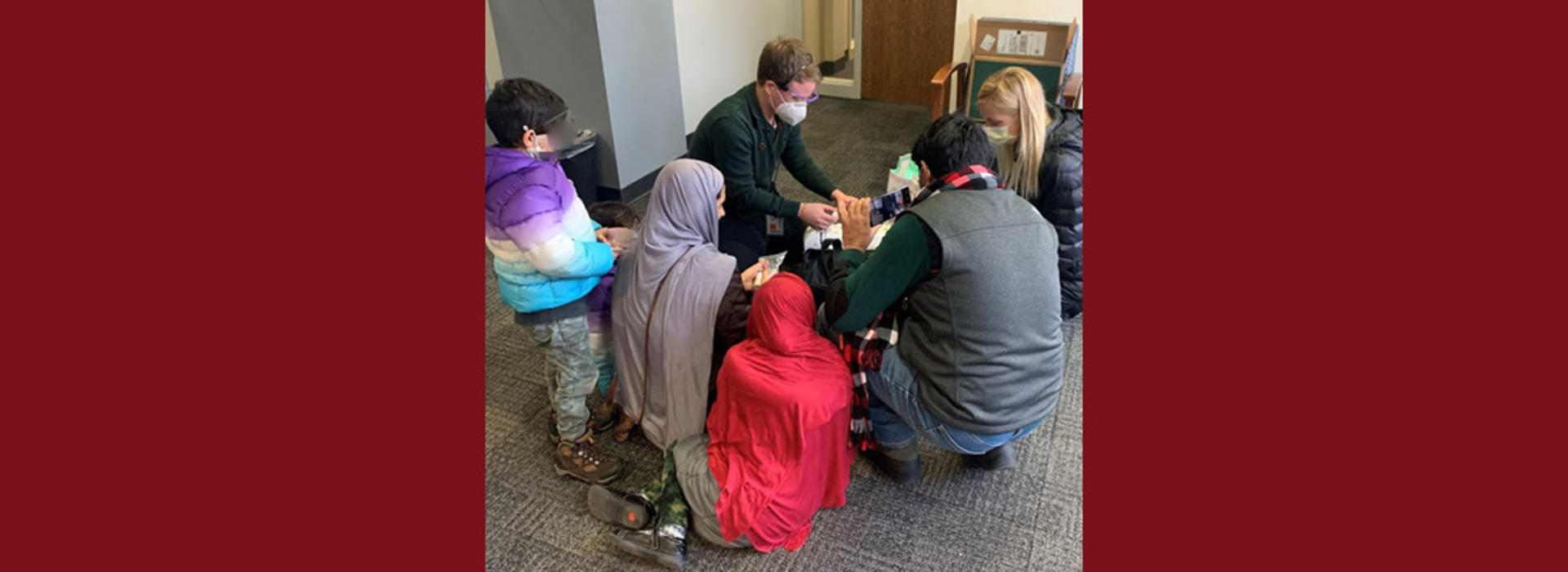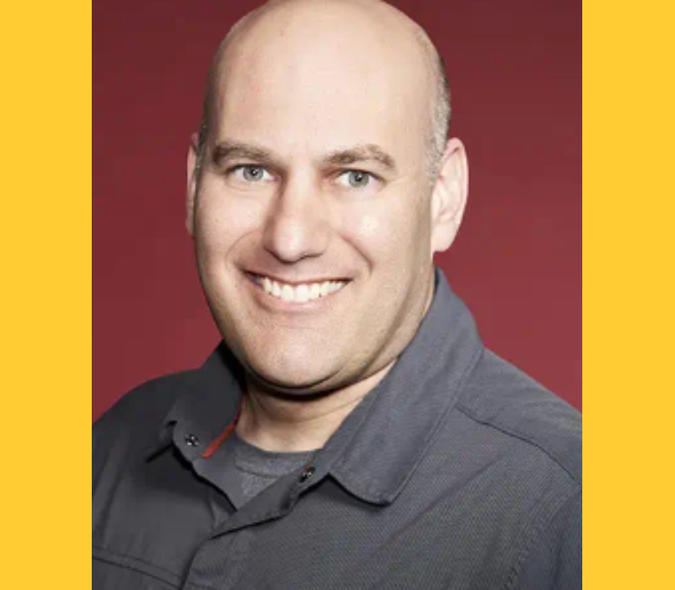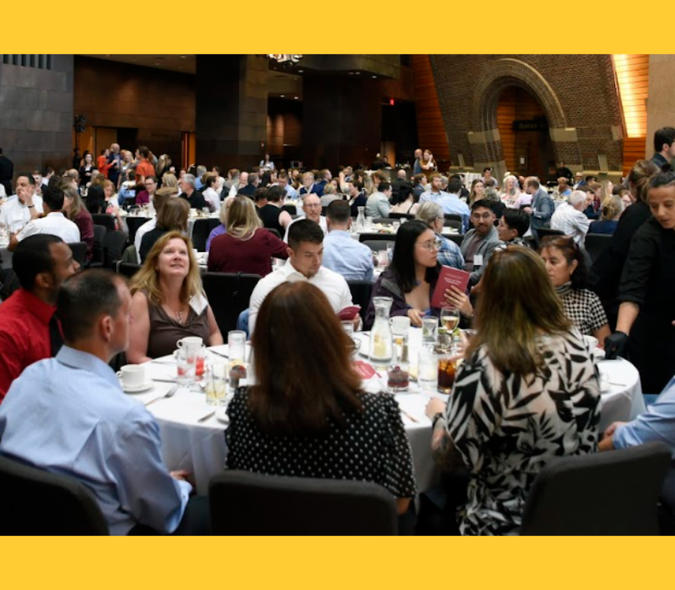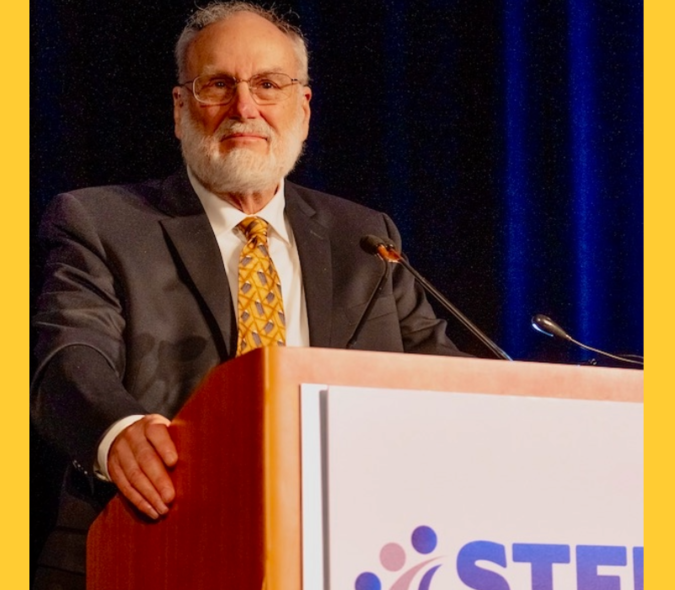
How M Health Fairview Clinic - Bethesda Excels at Team Care for Afghan Refugees
Over the past year, M Health Fairview Clinic - Bethesda has been caring for many of the refugees who recently arrived from Afghanistan. In this interview, Lily Rubenstein, RN, BSN, PHN, and Emily Odegard, MSW, LGSW, describe how Woodwinds Hospital Family Medicine residents and the rest of the team have come together to provide whole-person care for these patients.
Can you tell us about Bethesda's history of providing refugee healthcare?
Our clinic, M Health Fairview Clinic - Bethesda, has always cared for refugees—it's a central part of what we do. A significant component of that care is known as refugee health screening, which is requested by the Minnesota Department of Health for all refugees within 90 days of arrival. In addition to screening for infectious diseases, it's a way to introduce these patients to the US healthcare system and get them started with primary care.
We've always had a lot of refugee patients, but we saw a big pause in 2020 with COVID and under the Trump administration when fewer refugees came in. After the lull in 2020, we suddenly had hundreds of these evacuees coming in very quickly, and they all needed health care. For example, in a five-month period, 10/1/21-3/1/22, Bethesda saw 166 refugee visits with 104 patients.
What did you discover when you began caring for the Afghan evacuees?
Initially, when most of these families came, they were put on military bases in places like Virginia and Wisconsin since there was nowhere else to put them and no housing yet. Some people had thorough records of healthcare done on the bases, and some did not. So when we got these patients, we didn't know much about them because they didn't have records from Afghanistan due to the nature of how they came over. Sometimes we had their medical background from the military bases, but it wasn't ever very much.
The initial visits themselves were something we knew how to do because we do intake visits all the time. Coordinating the refugee health screens has been a major undertaking, and our providers have had to become familiarized with often very large families without knowing anything about them.
Has anything surprised you about caring for these families and individuals?
These families require very intense care coordination because everything is new to them. They don't have cars; they don't know how to get to places. There are often psychosocial considerations. Normally we rely on a resettlement agency to help, since they have case managers that specialize in helping new arrivals within the first couple of months, but they are overrun.
Consequently, we've had to take on a lot that we don't normally do, like organizing an internal drive for kitchen supplies we could give to people. We were able to get donated sewing machines and fabric for patients. Through our partnerships with local organizations, we've provided these patients with access to food shelves and places where they can get clothing and housewares.
It's been a lot of work, but it's incredibly rewarding.
Are there other notable aspects of care that Bethesda provides to these groups?
A lot of the Afghan women we see are of childbearing age, and there's a pretty high pregnancy rate. Nicole Glumac, our OB nurse, has done amazing work with these women. A lot of them came in very far along with little to no prenatal care. Nicole teaches them about what is needed and calls to check up on them. Because of the trust they have placed in her, many of these women have transferred the care of their entire family to Bethesda.
In addition, the vast majority of these Afghan patients are unfortunately experiencing mental health challenges such as PTSD and loss. We have only just dipped our toes into helping with the psychosocial issues, but we strive to help them get access to individual and group therapy.
And then, as one might imagine, the healthcare records for many of the Afghan children do not accurately list their ages—which causes issues with schooling. This isn't a common aspect of primary care, but we try to ascertain the true ages as best we can so the kids don't fall behind in school.
How involved are the residents in caring for the Afghan patients?
Woodwinds residents are very involved with the care, and they receive great experience working with a team. We have social workers, a lawyer to answer legal questions, nurses, staff, the residents, and attendings—it's truly wraparound care. Emily and I do most of the behind-the-scenes work regarding coordination with different health departments, from the county health department to the Minnesota Department of Health to resettlement agencies. Then the residents do the actual visits and often continue as the patients' primary care physician, so they end up getting to know these families quite well.
That has been very meaningful for us: the fact that these patients tend to stay here for their primary care. They don't have to do that. We have heard from a lot of the patients we've seen that the relationships they build with the Bethesda providers are extremely important to them. That is largely thanks to our residents, who do a fantastic job with these patients.
What else have you particularly appreciated about caring for this group?
It has been heartening and gratifying to see the way our communities have responded to requests for supplies and donations. It is very meaningful to be able to make a positive difference for these patients, especially during such a difficult time in their lives.



